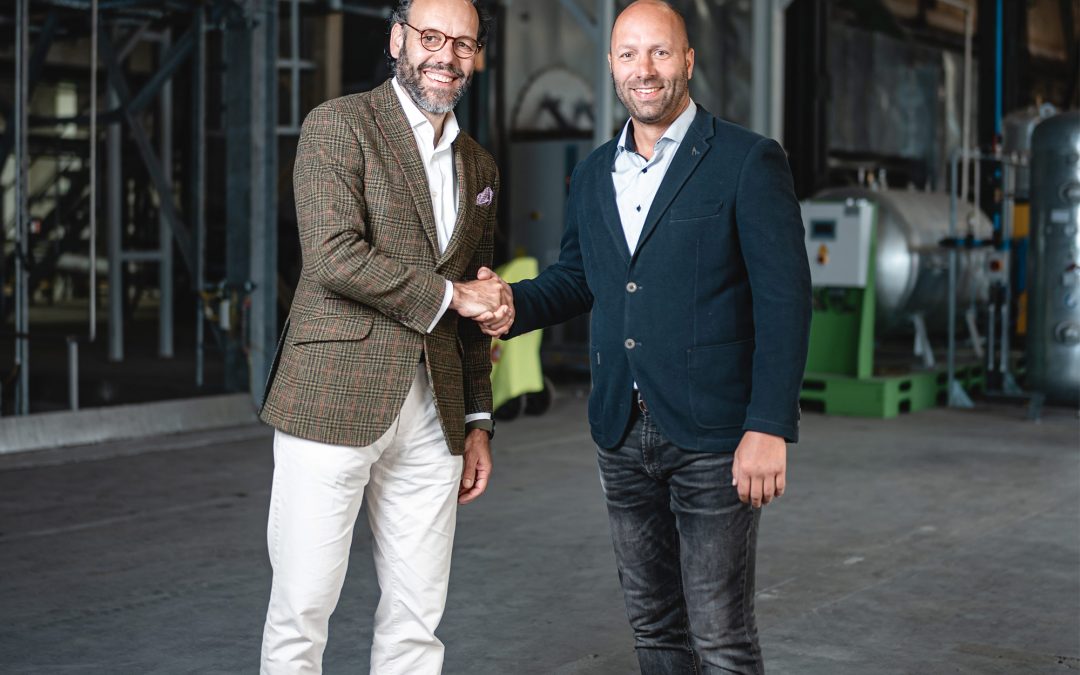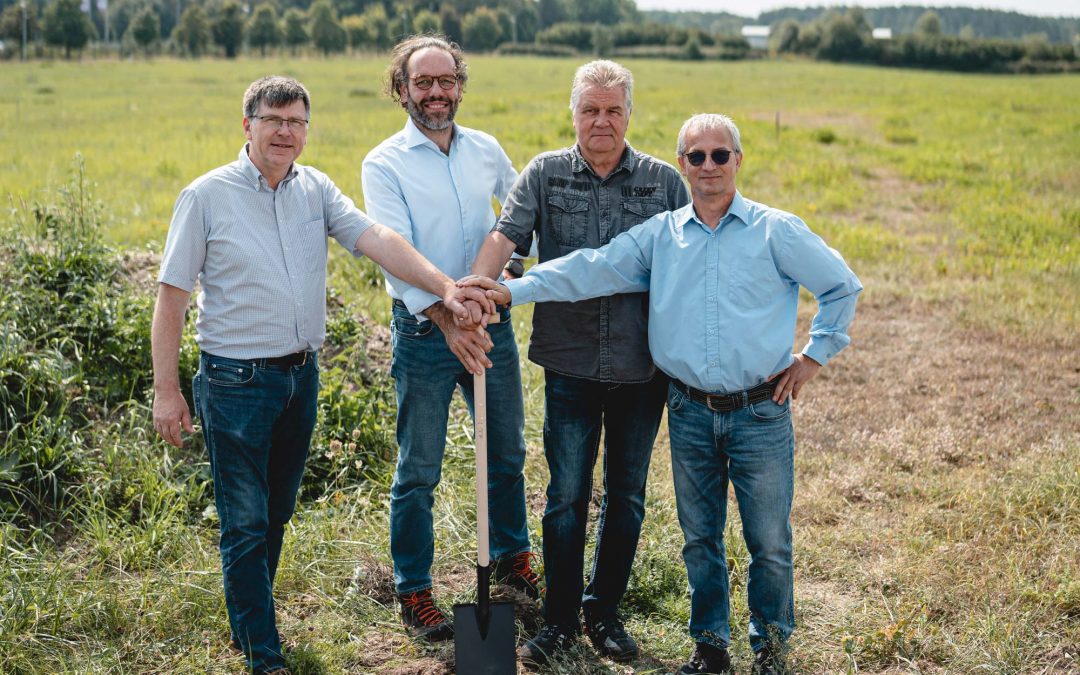Tubis goes live with PTO system at Plauen site
In mid-June, the Tubis Group began commissioning its innovative recycling plant in Plauen as planned. After years of development work and a complex approval process, the company is launching its new pyrolysis technology there. Following the successful completion of all commissioning tests and approvals, the plant is scheduled to go into continuous operation in the third quarter of 2025.
Since completion of the construction work in mid-June, the plant in Plauen has been undergoing the commissioning process. The patented technology developed in-house enables the continuous, scalable and controllable recycling of mixed plastic waste on an industrial scale. Tubis can use its technology to make these residual materials, which were previously mostly disposed of in landfills or incinerated, economically viable and return them to the raw material cycle. This takes place at process temperatures of up to 570°C, and production is clean and virtually residue-free.
The aim is to roll out the technology quickly over the next few years and expand across various locations. It is not only in Plauen that major investments are currently being made. A new plant with the patented pyrolysis technology is also being built in Nobitz. Construction work is currently underway there. The capacity of the plants in Plauen and Nobitz is 24.5 kt of substitute fuels and plastic waste per year. Approval procedures are also underway for two further sites in Germany.
With its in-house development team, Tubis is able to continuously develop the new pyrolysis technology and adapt it to local conditions. The aim is to optimize plastics recycling specifically and economically. In terms of sustainability and efficiency, the process is equally interesting for disposal companies, operators and refineries.
Tubis, a technology company founded in 2015 and headquartered in Munich, develops and operates continuous pyrolysis plants on a scalable industrial scale. The company aims to reduce the amount of plastic-based incineration waste and provide recyclates as a cost-effective substitute for crude oil. Tubis thus offers a resource-saving solution to the global plastic problem and makes an important contribution to reducing the global CO2 footprint.





